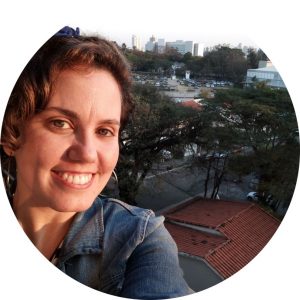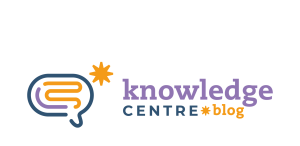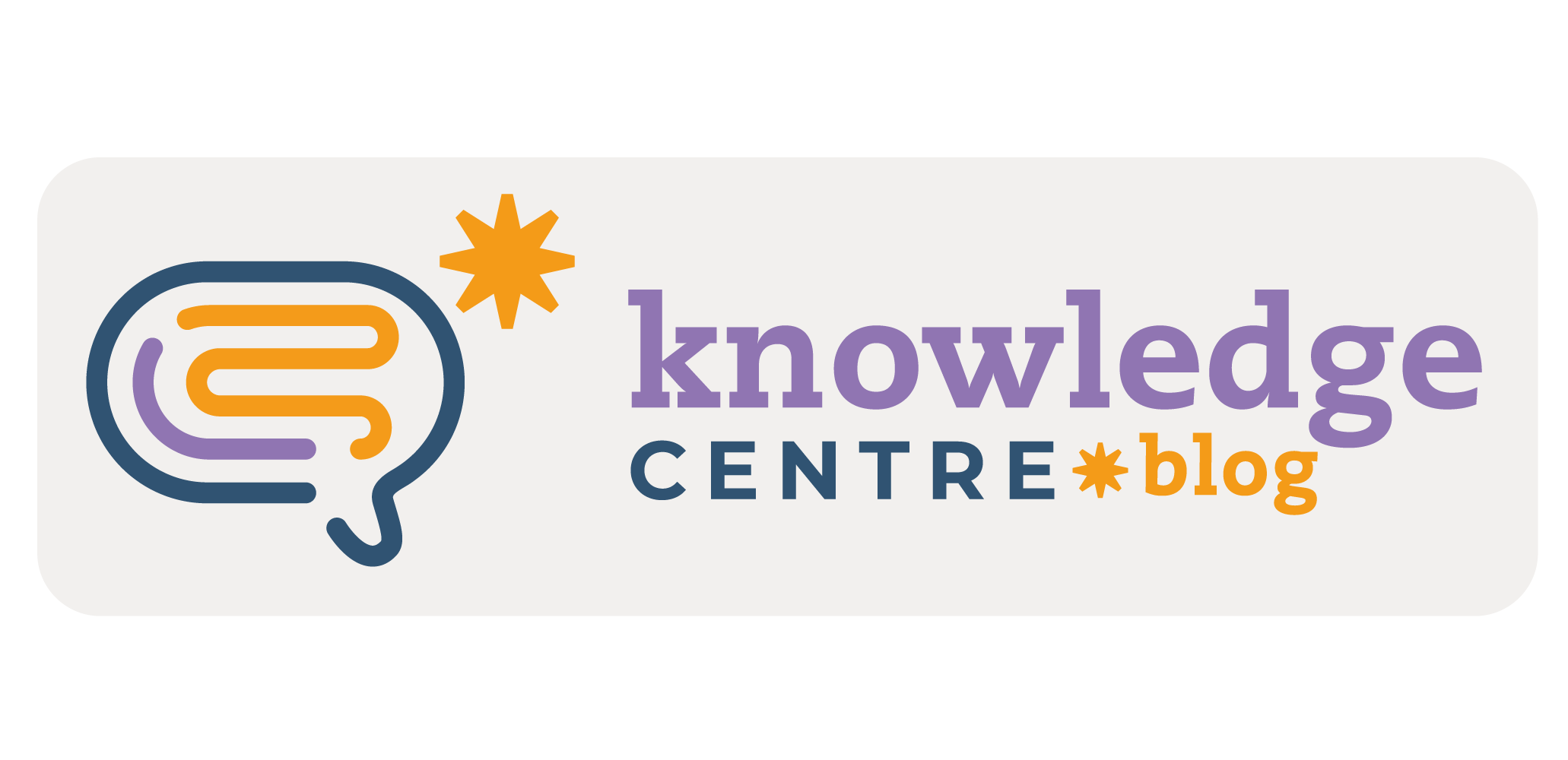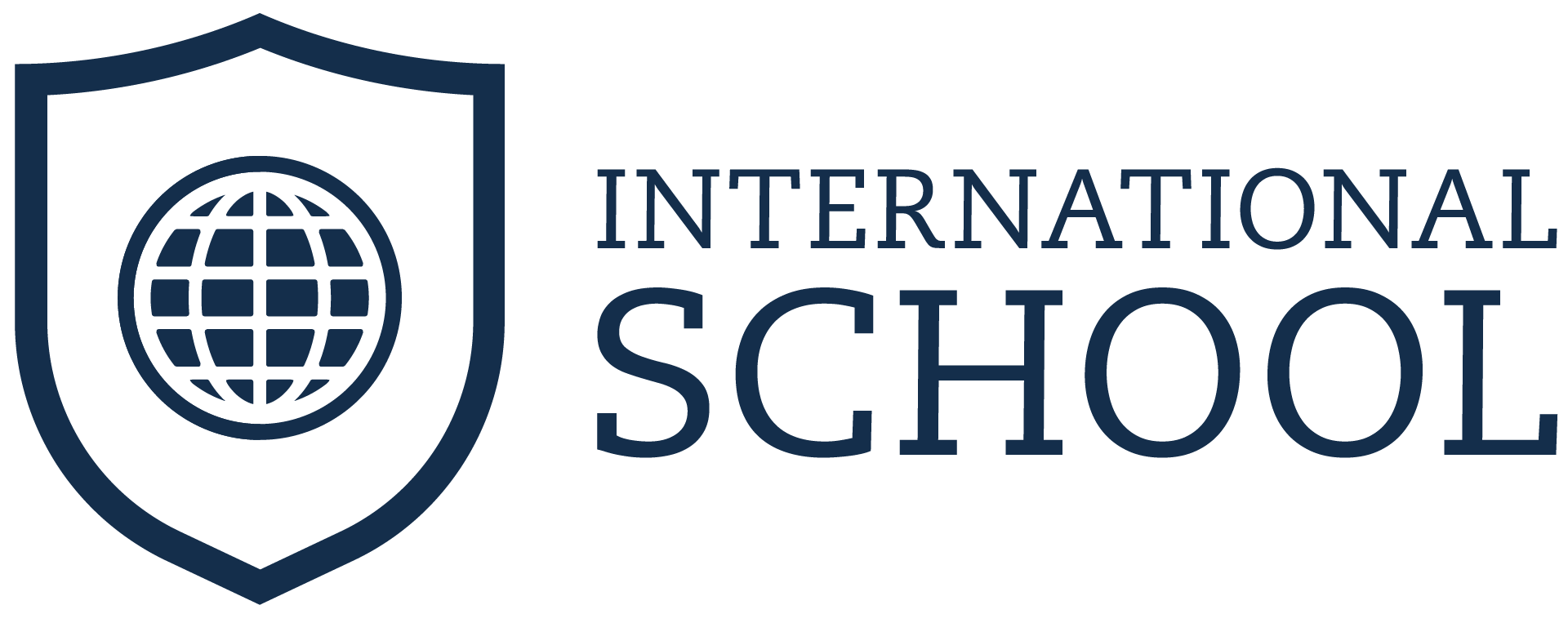From the moment the pandemic caused a radical shift of reality in the Brazilian educational scenario, International School has been developing new initiatives and conducting surveys to find out how schools are operating in order to try and provide solutions that cater for their needs. When it comes to teachers being asked about assessment, some of the responses sounded or read somewhat like “Assessment? Oh, no, we’re not doing that now. We have postponed assessment until the school reopens” or “We are going to conduct a diagnostic test when we resume face-to-face lessons at school” – Remember when we didn’t need to classify school lessons in that way?
While there is clear, understandable concern with the limits imposed on teachers and educators by remote teaching and learning, those answers have raised an important issue: either educators are equating assessment with testing, disregarding other forms of assessment which are taking place, or they have, due to time constraints, platform and interaction constraints, been leaving out assessment altogether. Both scenarios are far from desired. So, perhaps some clarification is necessary.
One may wonder: could this be a linguistic issue? When we discuss assessment, in Portuguese, we tend to use the word “avaliação”, which leads us to thinking of tests, exams, marking and report cards. However, that is only part of the process. Assessment may be anything that helps us monitor individual and group performance and measure how far from or how close we are to the goals we have set. In other words, we assess to have a clear picture of the present, track progress, measure success and adjust our plans if needed. When teachers forego assessment, they have no means to make changes to their plans according to whether students are on board or not, increasing the likelihood of them disengaging or dropping out. Moreover, they could become unable to provide quality feedback to students and parents.
We know most of the time some kind of assessment is taking place during the lessons. For instance, it is assessment when teachers comment on student production with pre-established goals in mind, when they correct homework and realize they need to revise a specific point, or when teachers start lessons by asking questions to find out how much students already know and then decide on how to approach a specific topic. Perhaps, we can become more aware of and, consequently, more intentional in our assessment practices. Here are some definitions which may be helpful.
The two most widely discussed types of assessment are formative and summative. Summative assessment takes place at the end of a learning cycle, be it a unit, a bimestre or a school year. The goal is to check what and how much students have learned, and the result is usually a grade. Final exams and project presentations are some examples of summative assessment instruments. Formative assessment, on the other hand, tends to happen throughout that learning cycle and although it can generate a grade or a mark, its main goal is to inform teachers and learners about their learning progress and to guide adjustments in the planning and delivering of the course. When teachers check how students are progressing in a project, and make suggestions, for example, they are conducting formative assessment. Formative assessment has also been called “Assessment for learning”, for its focus on the process, and its use in guiding decisions related to best learning strategies.
Another important distinction is between formal and informal assessment. Formal assessment is episodic, has clear starting and ending points and can easily be identified by all as assessment. Students usually either pass or fail it. Formality is usually linked to higher stakes (e.g. college entrance exams) and, no wonder, test anxiety, too. In contrast, Informal assessment, may not look as (or feel as) assessment at all. Informal assessment may take place when teachers circulate among students while they work, when they ask students to retell a story, or chat about what they did in the previous class.
So, which forms of assessment do you believe best fit your school’s profile? It may vary. Whereas formative assessment may be the most suitable choice for teachers aligned with active methodologies, we understand that in some more traditional environments formative and informal assessment alone may still not provide the palpable comfort of grades that parents tend to value so much . In such cases, a combination of formative and summative assessment would be advisable. In fact, to some researchers like Michael Scriven and Benjamin Bloom, summative assessment instruments can be used formatively, if they serve to inform and guide teachers on their teaching practice.
How have you been assessing your students? Can you think of creative ways to keep assessing students even if you are not in the physical classroom together?
References (and recommended reading)
Dylan Wiliam – Formative Assessment: Getting the Focus Right, Educational Assessment Journal (2006) . Available at https://www.tandfonline.com/doi/abs/10.1080/10627197.2006.9652993
Laura Greenstein – The Fundamentals of Formative Assessment In: What Teachers Really Need to Know About Formative Assessment. Available at: http://www.ascd.org/publications/books/110017/chapters/The-Fundamentals-of-Formative-Assessment.aspx
Connie M Moss and Susan M. Bookhardt – Advancing Formative Assessment in Every Classroom: A Guide for Instructional Leaders, 2019

By Bárbara Porto
Bárbara Porto is an Educational Specialist at International School. She has a bachelors degree in Languages from PUC-Rio and a second degree in Education from Centro Claretiano. Since 2002, she has worked as a teacher, teacher trainer, academic coordinator and materials writer. She holds a CPE, a CELTA a Cambridge Train the Trainer Certificate. Currently, among many things, she’s especially interested in formative assessment, teacher education, public policies and education for human rights.








